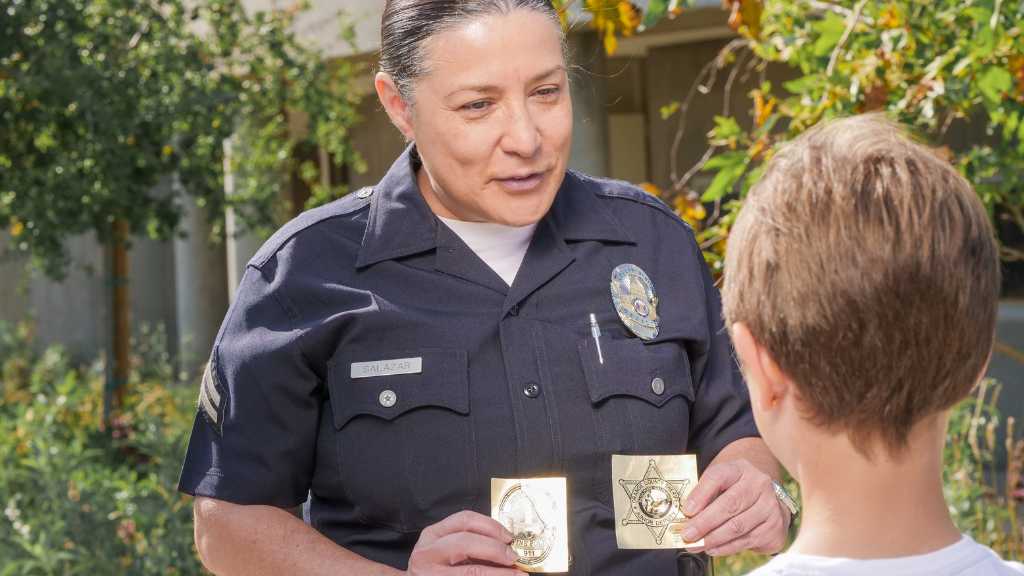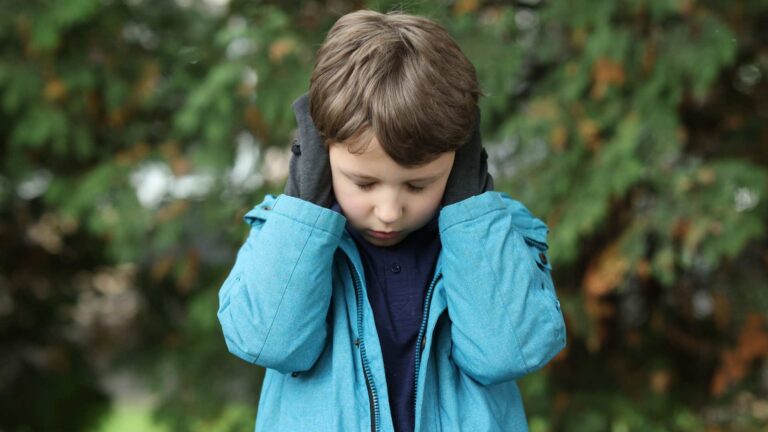Table of Contents
What happens if my child with autism gets arrested?
It’s a question no parent wants to ask, but for many families, it becomes an urgent reality. When a young person on the autism spectrum comes into contact with law enforcement, the consequences can be confusing, frightening, and often deeply unfair. Our legal system isn’t always equipped to recognize the unique needs of autistic youth, and that gap can lead to traumatic experiences and unjust outcomes.
But there is hope and solutions. One of the most promising is DAAY, the Detention Alternative for Autistic Youth, a court initiative explicitly designed to support and protect young individuals with autism as they navigate the legal system.
In this blog by Texas ABA Centers, we’ll explore how programs like DAAY are changing lives, reducing incarceration, and offering more compassionate and practical responses for youth with autism and their families.
Understanding DAAY and Its Purpose
The Detention Alternative for Autistic Youth (DAAY) is a specialty court model first launched in Las Vegas, Nevada. It was designed to help autistic youth charged with non-violent offenses avoid incarceration, and instead, receive the behavioral, emotional, and developmental support they need.
DAAY isn’t about punishment. It’s about understanding. Rather than focusing on punitive measures, the program provides access to community-based services like therapy, education, life skills training, and regular court check-ins. These services are tailored to each youth’s developmental profile, ensuring that support is personalized and effective.
The program collaborates closely with families, therapists, educators, and ABA professionals to ensure participants receive consistent, meaningful support, both in and out of the courtroom. DAAY supports young people with autism in achieving success by tackling the underlying factors behind their actions, instead of treating them as criminal behavior.

Autism and the Criminal Justice System: A Difficult Intersection
Unfortunately, autism and the criminal justice system often intersect in ways that can be devastating for families. The International Board of Credentialing and Continuing Education Standards (IBCCES) states that youth with autism are more likely to experience difficulties with communication, sensory regulation, and social interaction, factors that law enforcement can easily misinterpret as defiance or aggression.
A study featured in the Journal of Autism and Developmental Disorders revealed that individuals with ASD face seven times higher rates of interactions with police than their neurotypical peers, and those interactions frequently escalate due to misunderstandings. Misreading body language, avoiding eye contact, or having delayed responses, common traits among those with autism, can be mistaken for suspicious behavior.

For some families, a simple misunderstanding can spiral into arrests, charges, or even incarceration. That’s why initiatives like DAAY are so critical: they help redirect these situations toward understanding and support, not punishment.
The Role of DAAY in Changing Outcomes for Autistic Youth
DAAY provides a model that treats autistic youth with dignity, not suspicion. When a young person is enrolled in the program, they work with a multidisciplinary team that understands their diagnosis and is committed to helping them succeed.
Here’s what makes DAAY different:
- Comprehensive assessment: Each youth is evaluated to understand their cognitive, emotional, and behavioral profile.
- Individualized support plan: The court collaborates with families, therapists, and educators to create a plan that addresses academic, therapeutic, and social needs.
- Consistent follow-up: Participants attend regular court check-ins and receive ongoing support, reducing the likelihood of future incidents.
- Emphasis on education and life skills: Rather than focusing on punishment, DAAY prioritizes skill-building that helps youth thrive in the long term.
This methodology provides direct assistance to the individual child and concurrently lowers reoffense rates while decreasing the emotional stress on families and their communities.
Addressing Autism and Incarceration
One of the most heartbreaking outcomes of misunderstanding autism in legal contexts is the risk of incarceration. Autism and incarceration should never be closely linked, but for many, that’s the unfortunate reality. Without appropriate intervention, an autistic youth could be detained, placed in facilities that aren’t equipped to support them, and face long-term trauma.
DAAY helps break this cycle. Instead of incarceration, young people receive access to support that builds resilience, independence, and confidence. The data shows that this approach works: fewer youth re-offend, and more go on to succeed in school, work, and relationships.
How ABA Therapy Supports Youth and Families
One of the cornerstones of successful outcomes in DAAY and similar programs is Applied Behavior Analysis (ABA) therapy. ABA represents a research-supported method that assists children and adolescents with autism in developing communication skills, emotional regulation, social interaction, and positive behaviors.
When integrated into justice interventions, ABA can:
- Reduce behaviors that may trigger law enforcement involvement
- Improve communication skills during high-stress situations
- Teach coping strategies for emotional and sensory overload
- Support families in creating safe and structured home environments
For many families, ABA becomes a lifeline, not just for avoiding legal trouble, but for building a more stable, fulfilling future for their child.
At Texas ABA Centers, we understand the importance of early intervention and consistent support. We offer diagnostic evaluations, therapy plans tailored to each child’s needs, and family guidance that empowers caregivers to advocate effectively in every setting, even in court.
A Path Forward: Building a More Inclusive System
Programs like DAAY demonstrate what’s possible when the legal system recognizes the unique needs of autistic youth. They offer a model for other jurisdictions to follow, one that prioritizes understanding, equity, and healing over punishment.
But parents and caregivers don’t have to wait for the system to catch up. You can start by:
- Learning about your child’s rights in interactions with law enforcement
- Seeking early intervention services like ABA
- Building a team of professionals who understand autism and can advocate in legal contexts
- Connecting with local resources and community-based programs like DAAY, where available
If you’ve ever wondered, “What happens if my child with autism gets arrested?”, know that you are not alone, and you are not powerless. With the proper support, advocacy, and resources, your child can be understood, protected, and empowered to grow.
Get the Help You Need with Texas ABA Centers
At Texas ABA Centers, we’re here to support your family at every stage. From early screenings to personalized ABA therapy, our mission is to help individuals with autism thrive at home, at school, and in the community.
Call us today at (877) 771-5725 to learn more about our services, including diagnostic evaluations, early intervention, and in-home or school-based ABA therapy. Or fill out our online form to schedule a free consultation. Together, we can build a better future for your child and every autistic youth.










